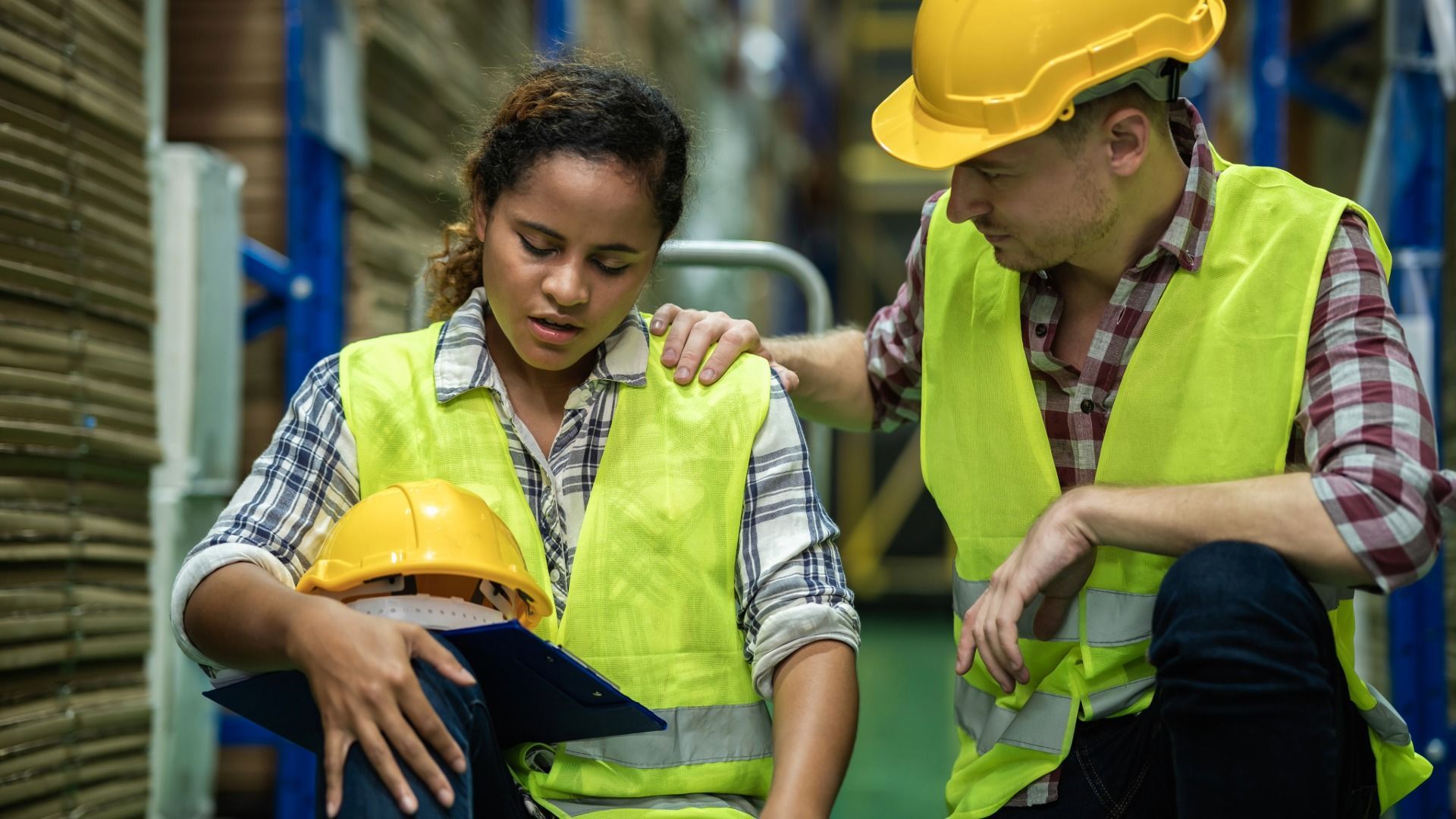COVID employee survey valid safety measure in dismissal

An employee who repeatedly refused to complete a survey to provide details of his overseas travels during the early stages of COVID-19 was validly dismissed. The employer successfully argued that the survey was necessary to comply with its duties to:
- protect the health and safety of employees and others who interacted with the business; and
- prevent or minimise a threat to public health.
The Fair Work Commission (FWC) rejected the employee’s claim that the directive breached his privacy, finding that it was lawful and reasonable.
The employer was a recruitment company and labour hire provider in the oil, gas and mining industries in six countries. It directed all employees to disclose their overseas travel history to 10 specified “risky” countries during the preceding five weeks, and to notify any future travel plans over the next six months. This occurred in early March 2020, shortly before Australia banned most overseas travel and shortly after Australia’s first COVID-19-caused deaths occurred.
The employee, refused to disclose his travels, citing privacy reasons and claiming that the scope of information requested went beyond the scope of what was required to deal with COVID-19. He claimed to the FWC that he had not travelled overseas while working for the employer and had no future plans to do so. He claimed that he did not pose any COVID-19-related risk to other employees or clients. After an initial warning, he was dismissed for misconduct when he continually refused to complete the survey.
The employer claimed that there was a risk to employees because they worked close together in a closed office environment, and also a risk to clients and job-seekers who attended face-to-face meetings with the employees. After seeking external health advice (from the Australian Information Commissioner), it decided to survey employees about their travel activities and plans, to try to reduce the risks.
The employer claimed that the survey was designed purely to obtain information relevant to COVID-19 risks. It only requested information about travel, did not seek intrusive personal health information, and complied with the Commonwealth Privacy Act 1988. The aim of the survey was to meet its occupational health and safety obligations and to minimise the risks.
The employer did not seek information from employees about their health. However, it provided them with general advice and instructions on how to identify and respond to any COVID-19-related symptoms they might experience.
Facts of case
Decision
The FWC found that the employer’s actions amounted to a lawful and reasonable directive to the employee. They were also a legitimate attempt to protect the health of its employees and others who interacted with the business, and also done in an attempt to prevent a threat to public health. The employee had made his own (incorrect) decision that the survey was unlawful and refused several times to follow the directive. He was validly dismissed.
The bottom line: COVID-19 provided the circumstances that justified collecting relevant information about employee travel as part of an employer’s duty to protect the health and safety of employees and others as well as preventing a serious threat to public health as far as reasonably practicable.
The information must be used for OHS purposes only. What is asked for and how it is collected must comply with the Privacy Act 1988.
The employee’s refusal to comply with a lawful and reasonable directive by the employer provided a valid reason for his dismissal.
Originally posted on Workplace OHS
Contact Us
Zenergy News

Tel. No.
1300 333 400
Our Offices
Sydney
25 Brisbane Street
Surry Hills NSW 2010
Melbourne
Level 23, Tower 5
Collins Square
727 Collins Street
Melbourne VIC 3008
Brisbane
Level 54
111 Eagle Street
Brisbane QLD 4000
Perth
108 St Georges Terrace
Perth WA 6000
Services
Quick Links
About Us






